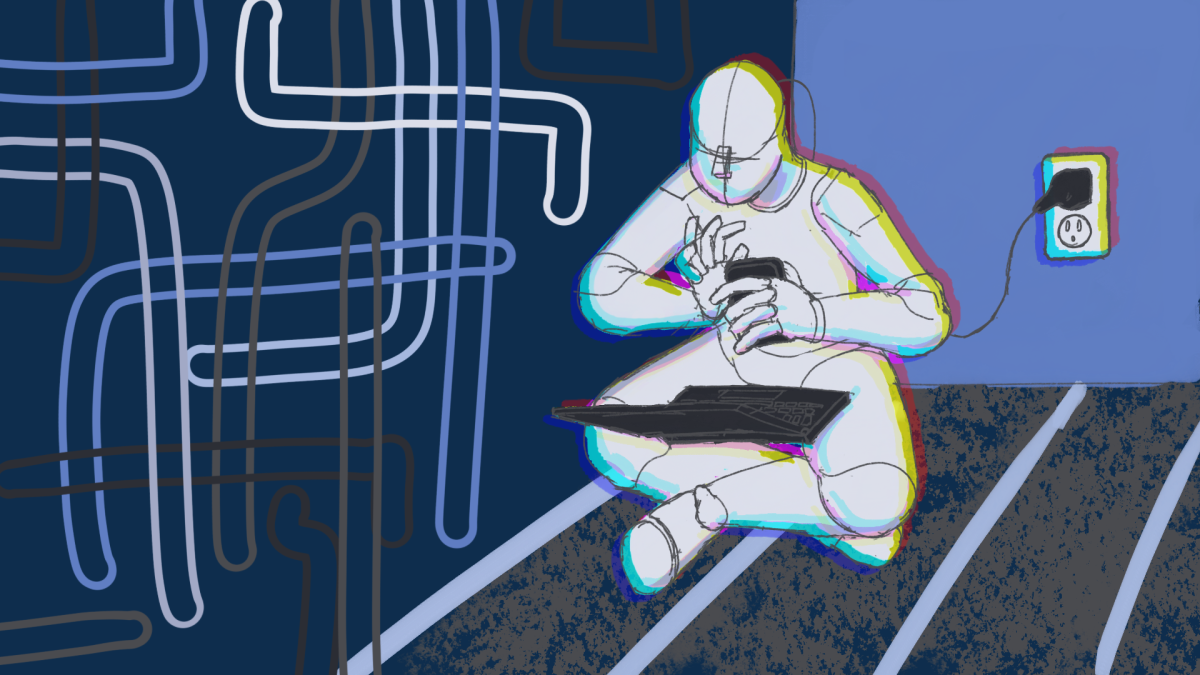North Carolina’s state government functioned in a state of confusion last summer. Each Monday, Raleigh hosted hundreds of protestors, ranging from those who challenged the proposed, heavily restrictive anti-abortion laws and cuts to teacher salaries as waves of conservative influence exerted itself on the floor of the North Carolina House.
While the aforementioned proposals drew attention from major news sources, the legislation that most propelled North Carolina into the national spotlight and the center of heavy media debate was its reintroduction of a new set of regulations relating to voting rights. Suddenly, North Carolina was facing the passage of a bill that, at its surface, seemed to be an attempt to bolster a strong image of voter security. In actuality, voter fraud rarely happens. A study by the U.S. Department of Justice found that between 2002 and 2005, only 40 voters were indicted for voter fraud. North Carolina’s voter ID bill represents the failings of a conservative state legislation in regards to not only the right to vote but also the interests of those in minority status.
On the surface, taking legislative steps to ensure that people present a government-issued ID in order to vote seems perfectly reasonable. Under the new law, only official forms of identification with an up-to-date photo, such as a current driver’s license, will be accepted to cast a ballot. This is not an unusual request on paper, but in practice it isn’t quite as black and white. In order for a law to not be restrictive in nature, there must be equality at the starting line. If it is too difficult or impossible for citizens to obtain identification that meets the requirements without the state providing easy access to obtaining such paperwork, it is a direct violation of progress and an infringement on the right of citizens to make their voice heard.
In addition to this simple matter of creating unequal footing in the realm of having the right to cast a ballot, several other key additions to the bill, largely kept out of the advertised listed components of the bill have raised cause for serious alarm. The fearsome opposition to Gov. Pat McCrory’s legislation stems from these added-on details and subtleties that make it one of, if not the most, restrictive law of its type in the country.
North Carolina’s voter ID law not only requires a government-issued form of identification to vote, but also eliminates registration on the same day as voting takes place and shaves down early voting by a week. Why does this matter? The News & Observer reports that African-American voters “represent fewer than 22 percent of registered voters in the state, but 34 percent of those who cast same-day registration ballots for new voters, 33 percent of the ballots cast in the first week of early voting, and 43 percent of the votes on the now-eliminated first Sunday of early voting.”
Furthermore, African-Americans have a high tendency as a polled group to vote for a Democratic candidate. It is no coincidence that the voter ID bill and its riders stemming from a Republican-controlled state government will directly affect this minority group.
The North Carolina legislature has also attempted to disenfranchise another largely Democratic group: college students. If passed, Senate Bill 667, known as “Equalize Voter Rights,” will not allow parents to claim their son or daughter as a dependent if he or she is registered to vote at an address other than that of their parent or legal guardian. So although full-time N.C. State students spend the majority of their time in Wake County, the passing of this bill would prohibit them from having a voice in that county.
The lawmakers who backed this bill have as much access to these voting numbers as any of us do. It must be noted that other states don’t necessarily have the exact same practices now being restricted, such as early voting. However, when a state like North Carolina has employed something like early voting with such a progressive impact on those not majority status, to put into law policies that effectively act as limitations on the minority vote represent a clear step backward.
Of course, it is not only vocal citizens who are voicing their opinions on this bill. The U.S. Department of Justice is challenging the bill as illegal, citing the importance of the African–American vote and its suppression under their legislation as against the provisions of the 14th and 15th amendments and the Voting Rights Act. It is the job of the U.S. Department of Justice to eliminate election practices that directly go against these important pieces of legislation in our nation’s history. The intervention of the U.S. Department of Justice should be the final nail in the coffin of this voter ID bill. It isn’t enough to hide behind the false simplicity of requiring government issued identification to cast a ballot. The ugly add-ons have the potential to seriously jeopardize the voting of those not in the majority.





